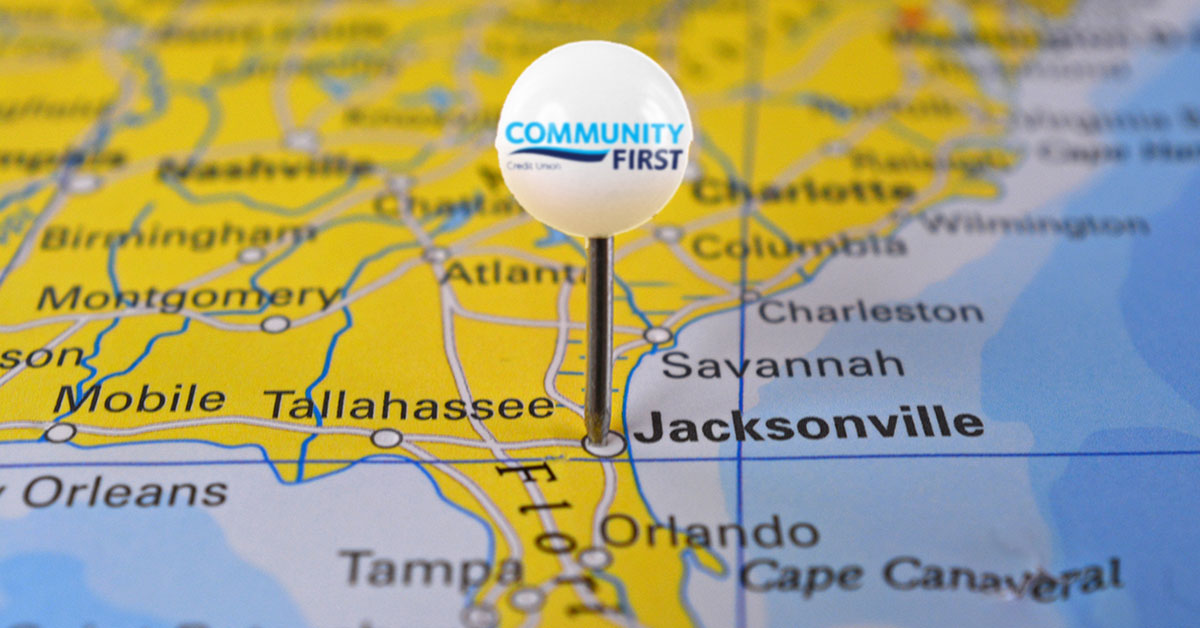
Benefits of Banking Locally
When choosing a bank, many people tend to base their decision on the benefits they’ll receive like financial products and services or interest rates for savings accounts. Without a doubt, these are all essential features to consider, but it’s also important to think about where you bank.
Local credit unions are cooperative in nature, meaning they’re owned and operated by members, not shareholders. Joining your local credit union makes a lasting impact on your community that banking with a large multi-national bank can’t match. Lower fees and higher interest rates on your savings are just a few of the advantages to banking with a local credit union instead of a national bank, but there are more.
National Banks vs. Local Credit Unions
Banks, by their very nature, are driven by profit. The larger the bank, the more profit they need to keep the lights on. As a result, large national banks are frequently more attuned to the needs of large, multinational companies than smaller local businesses.
Conversely, credit unions focus on serving local residents and local businesses above everything else. Profit isn’t the priority here; it’s service. Therefore, local credit unions provide essential financial services in a way that bigger banks simply aren’t designed to offer. The key service aspects to banking locally with a credit union include:
- The credit union’s priority of putting the needs of members ahead of profit
- Convenient local branches that allow you to meet face-to-face with financial experts
- Lower personal loan rates and greater savings interest rates
- Higher availability of small business loans for local entrepreneurs
- Access to a national network of ATMs for when members are out of town
- Member deposits backed up by the National Credit Union Administration
Lastly, in times of financial need or economic crisis, a local credit union often provides faster relief and assistance to help you and other members stay afloat financially. It all boils down to better service.
Which Local Credit Union Should You Choose?
When choosing to bank locally with a credit union, you want to look for qualities like:
- a long history with the community,
- the incentives offered,
- and its coverage, in relation to its number of members.
For example, Community First Credit Union first opened its doors in 1935 and was located in a high school basement. Today, we have 19 branches that serve more than 153,000 members. We’re open to anyone who lives in the greater Jacksonville area, including Palm Beach, Seminole, and Volusia Counties. And from the very beginning, we have not expanded just for expansion’s sake but instead to meet the growing needs of our members.

How is Opening an Account with a Credit Union Different from a Bank?
National banks allow you to do business with them absent any established relationship. Banking locally with a credit union is a more holistic experience. It starts by becoming a member of the cooperative.
The way to becoming a member is to simply open a savings account. Once your account is open, you are now both a member, and a local owner of the cooperative. This status opens the door to a wealth of financial options where you can:
- Compare checking accounts to find the one that fits you best.
- Plan for the 5 financial stages of your life with a financial planner who lives in the same community you do.
- Apply for a personal loan to reduce your revolving credit interest rates or a mortgage to buy your first house in the community.
Whether you need personal or business financial services, Community First Credit Union can help. We provide outstanding local banking services across the First Coast and are ready to help you achieve the personal and professional growth you envision. Get started by joining online or calling us at 904.354.8537 to schedule an appointment at one of our convenient local banking locations.
More Reading from Community First
- How Does a CD Work?
- What is a Money Market Savings?
- Why to Open a CD in your 20s and 30s
- Easy Ways to Save for an Emergency Fund
- How to Plan for Your Child's College Education









